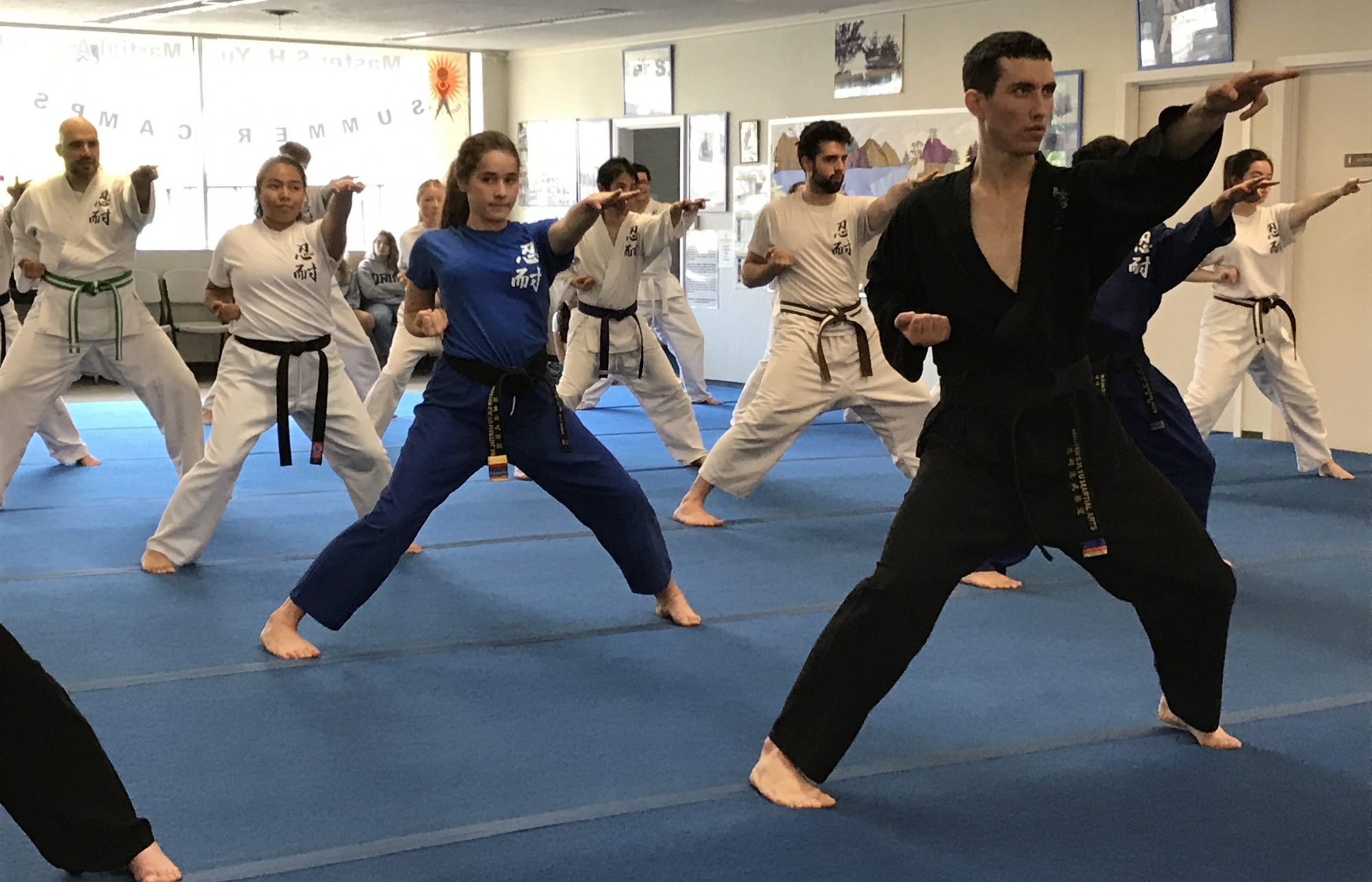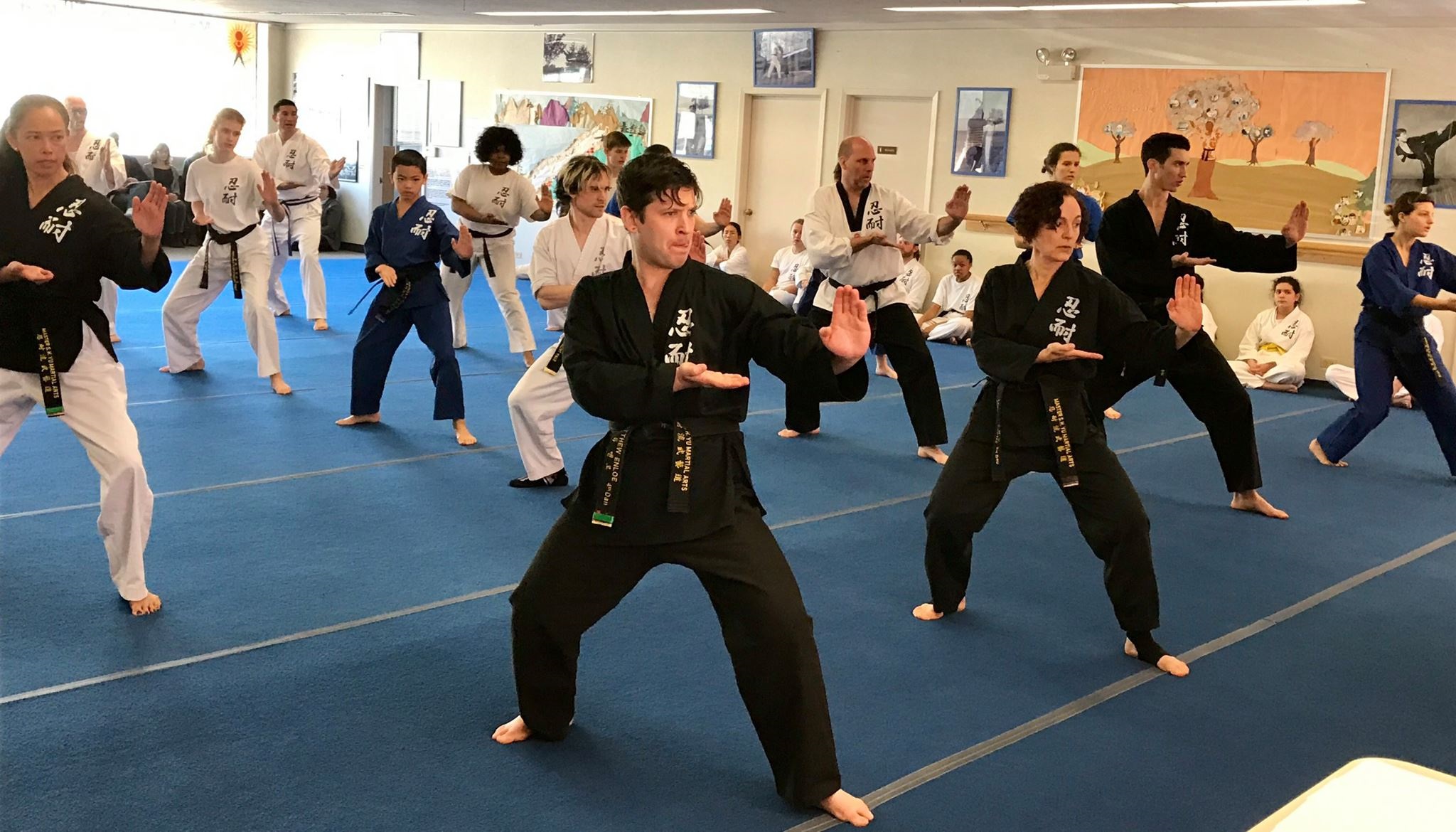
3 Martial Arts Courses Good for You and Your Friends
If you’ve recently started considering learning martial arts, you’ll be glad to know that there’s no age limit to when you can start learning. Even if your body may not be as flexible or as resilient as a child’s, there’s no reason you can’t learn the basics and reap the same benefits as someone younger than you. In fact, if you work at a business that offers corporate training courses among its employee benefits, you and your friends at work should take advantage of that.
Martial arts as a corporate group activity helps foster cooperation and teamwork, and gives everyone something different but fun to do outside of work hours. Even if you’re not out to become the next Mr. Miyagi, you can still reach a new level of fitness. So given all that, here are the best martial arts courses to consider.
Karate
This martial arts discipline is popular with many age groups, but particularly with children and older people because it’s an extremely safe form. You can approach it as a form of self defense or as an art, but either way, you’ll eventually learn the discipline and theory needed to execute the various techniques properly.
Once you learn the different punching and kicking techniques and how to put them together in various forms known as kata, sparring will help you learn to transition from one move to another as smoothly as possible. In order to build the stamina needed for sparring, you’ll need a willing partner. This need for mutual trust and cooperation is why it’s a good contender for coworkers to learn.
Brazilian Jiu-Jitsu

This powerful martial arts form is designed to help fighters shore up ample physical resources to defend themselves against someone who may be larger or stronger. Jiu-jitsu teaches both standing manoeuvres and ground-fighting techniques, and while it helps to be physically strong yourself, the power in jiu-jitsu comes from knowing how to turn an opponent’s strength to your advantage.
Sparring is even more important in jiu-jitsu than in karate, because practicing the techniques alone is harder than learning them with a partner, which makes it another good choice for colleagues to learn. After all, if you can work together on the mat to learn a series of techniques, then you can work together on whatever project or problem you encounter at work.
Tai Chi
This form may not be as explosive or powerful as the first two, but that doesn’t mean it isn’t beneficial. This gentle form of martial arts focuses on smooth, flowing movements from the beginning of one form to the end, helping students hone their balance, muscular control, and breathing techniques. Since the focus is on control and balance rather than power and speed, you’re more than likely to learn to become more patient, too.
Just like any martial arts discipline, tai chi can help release stress, and those who practice this form have proven to have better mental and physical health. If you and your colleagues work in a stressful environment, then tai chi is a good choice of martial arts discipline.
Those three are just the tip of the iceberg when it comes to potential martial arts disciplines to study. Whatever you ultimately decide on, you and your colleagues are sure to learn something new, become closer, and be able to work better together, and that’s a win for both you and your employer.



:max_bytes(150000):strip_icc()/labgrownlede-2b7540f7f7404558a08f1a555862f3d3.jpg)